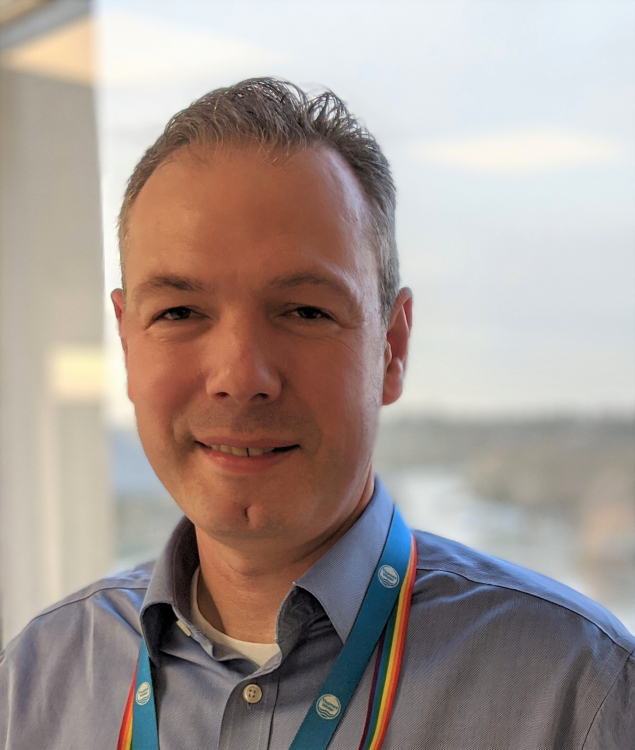Airmic board member interview: Richard Hoult

Airmic’s primary role is about sharing good practice, information, expertise and experience among its membership of risk professionals – that’s the view of Richard Hoult, Airmic board member.
That’s the thing he’s valued most in his ten years of membership, and has joined the board within the past year.
“It’s a small world,” he says – noting that several board members are former colleagues from previous roles, before he assumed his current day-job as head of risk, audit and assurance at Thames Water.
However, following a year of pandemic lockdowns and social distancing, he is looking forward to a return to physical evens – headlined by the return of the Annual Conference in October – so that members can maximise these networking benefits of membership.
“That’s how it works in my experience, because Airmic is a collection of individuals,” he says. “It’s there to help other members when they’re struggling. It helps to know when someone is doing something differently to you, and potentially better, for them to answer your questions – and at times to beg, borrow and steal their ideas and experience.”
On the other hand, when hitting on something good, that it can be shared with peers who can provide validation and further ideas as feedback, he suggests.
Hoult admits that like many risk professionals he “fell into risk, at first”, having earlier trained in accountancy, while his remit has also expanded over the years to include managing insurance.
“Airmic is all about sharing knowledge, ideas and good practice, which I have found of immense value over the years, and ultimately with the goal of elevating the risk function as being an activity that organisations can derive real value from,” he adds.
Returning to the office for the bulk of employees is a current focus of discussions – for Airmic as well as companies up and down the country – and one which he emphasises is taking careful planning.
“The theme here is not to rush back, but rather to change the office environment to be somewhere that people want to be,” he says.
